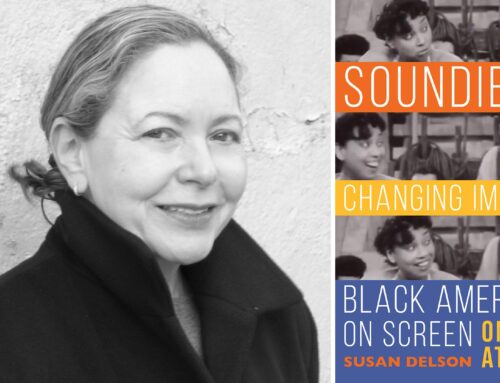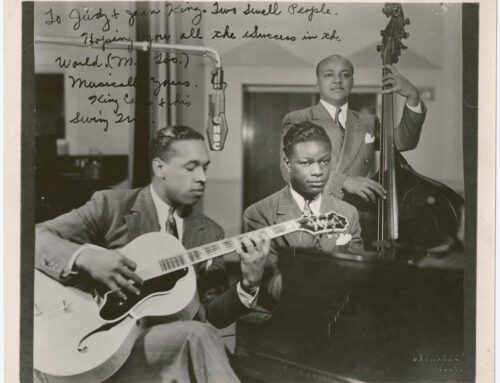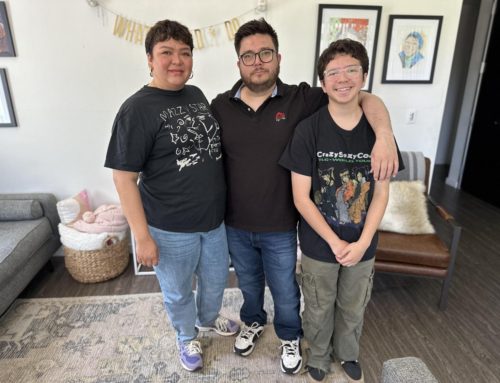Local Families Unite To Fight Rare Autoimmune Disease
Piece Published Here
By Jill Ryan–July 13, 2017
A Long Island couple has been fighting a personal battle for over a decade after their son was diagnosed with a rare, incurable autoimmune disease known as APS Type 1.
Eleven years ago David and Sherri Seyfert watched in horror as their 6-year-old son had a seizure. When they brought young Matthew to the hospital, the doctors diagnosed him with Autoimmune Polyglandular Syndrome Type 1, or APS Type 1.
“APS is an autoimmune condition which is a problem of self-tolerance. Your body just doesn’t recognize that you are not a virus, a bacteria, or a fungus.”
So the body starts to “reject” itself.
This rare autoimmune disease causes fungal infections and Addison’s disease. It also doesn’t allow the body to metabolize calcium. Early signs are rashes, de-enamelization of the teeth and seizures.
Often because of its many symptoms it takes a decade to diagnose. But Matthew got a break. He was correctly diagnosed within 48 hours. But that still doesn’t make it any easier.
“APS is a tough, tough hand to have been dealt, you know. Things just stop working on your child. You know, and you never know when, you never know what it’s going to be. And you know it’s this constant adjustment, you know, and if you focus on those kind of things, it’s tough to get out of bed.”
But instead, David and Sherri focused on finding a cure. They began connecting with experts worldwide and in 11 years, with the help of Todd and Heather Talarico whose daughter Gaby also has APS Type 1, they raised $500,000 for research grants.
The two families started a non-profit foundation that will sponsor its second international symposium that will run through Saturday at Stony Brook University. Sherri hopes this symposium will result in quicker diagnoses for all children so no one has to suffer on wrong medications and risk their internal organs being permanently damaged.
“We’d like for researchers, clinicians physicians to be able to recognize APS Type 1 when it first presents in young children rather than waiting the 10 years sometimes to possibly get diagnosed.”
At the symposium, researchers will develop best practices on ways to manage this disease.
Matthew is now 17 and just finished up his junior year of high school. However, he continues to deal with multiple hospitalizations. Regardless, he tries to live a normal life. He’s looking into colleges and he deals with new medications and symptoms as they become his new norm.





